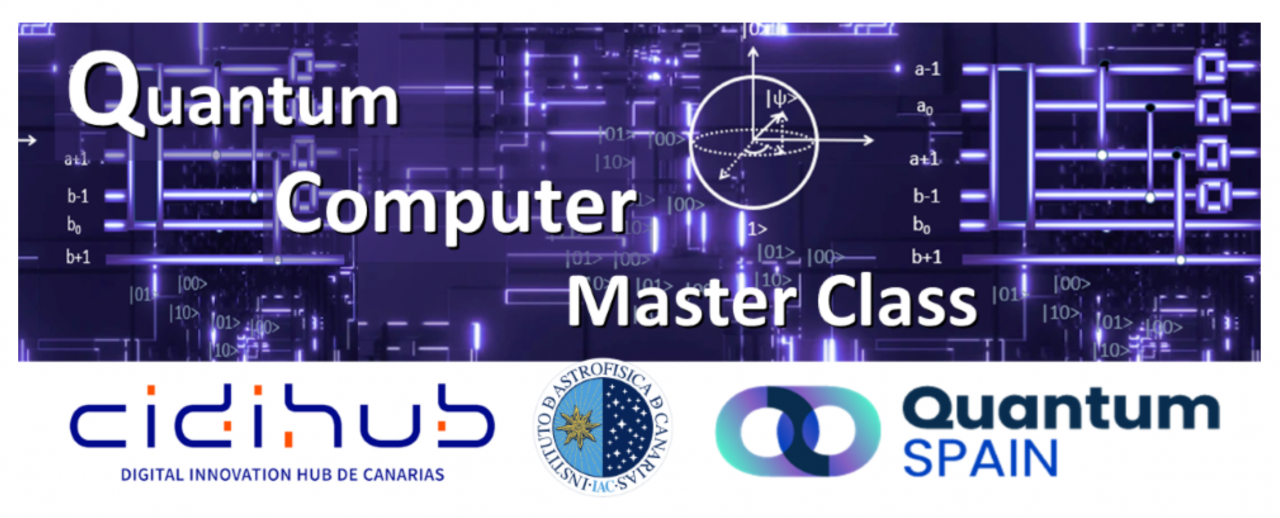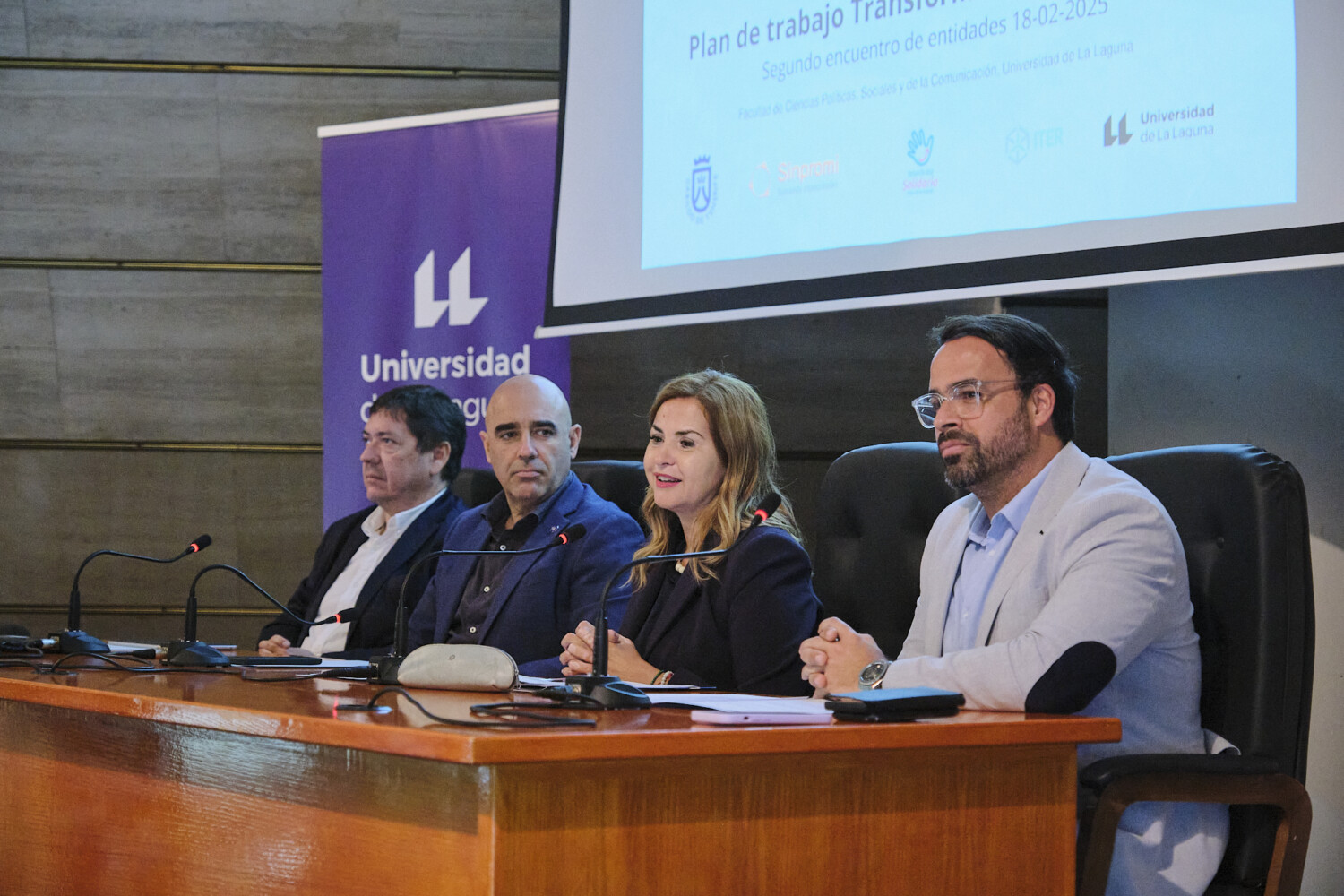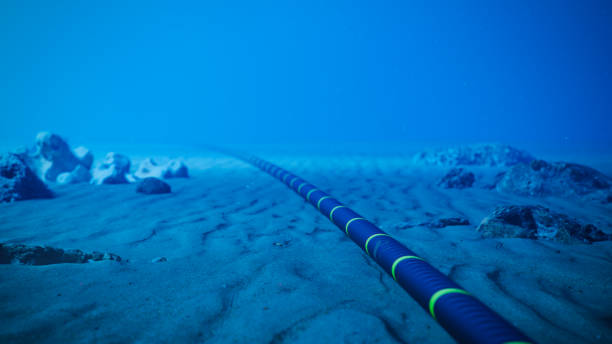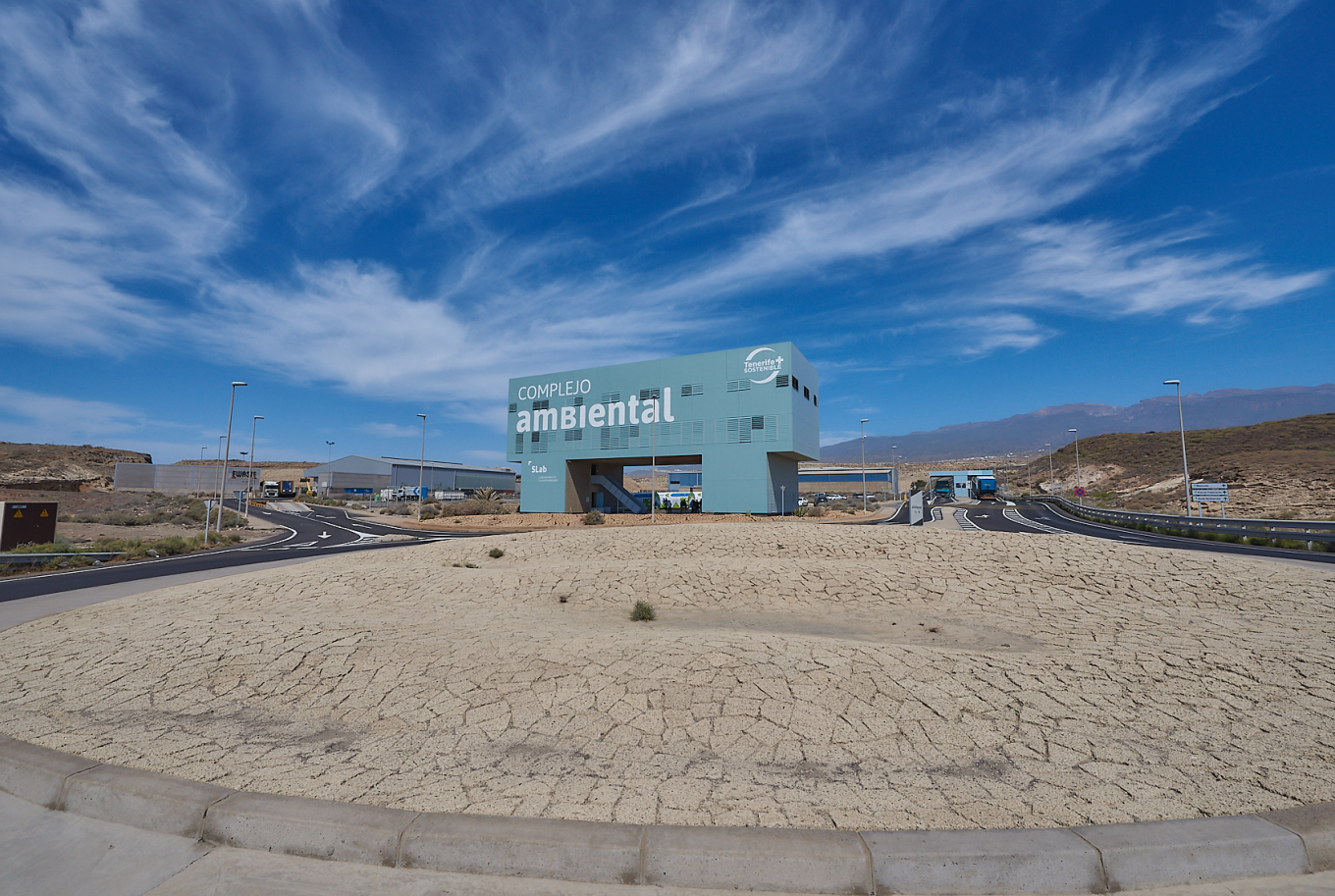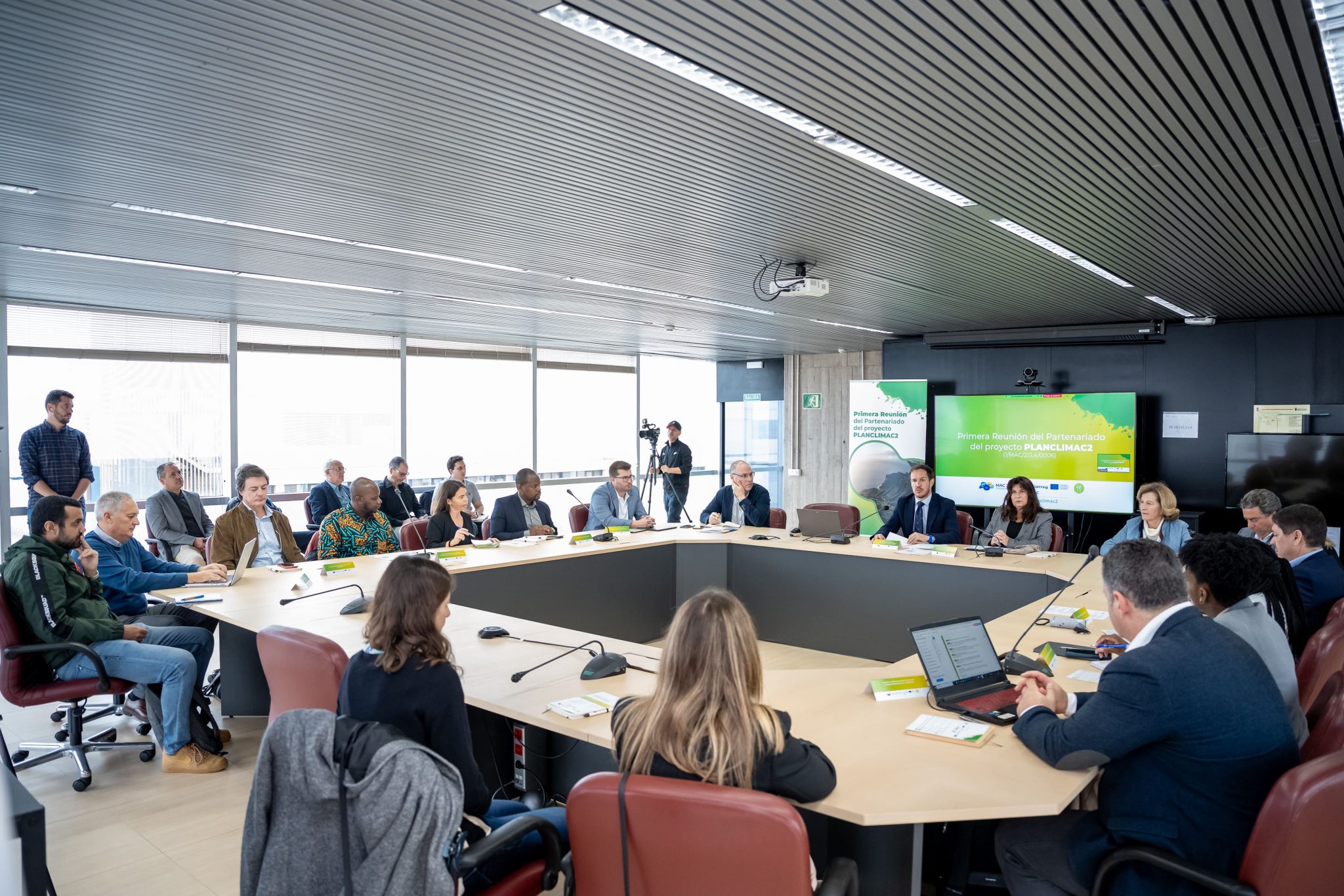April 14 marks the celebration of World Quantum Technology Day which aims to engage the general public in understanding and discussing quantum science and technology. The choice of the day was made with reference to the Planck’s constant, 4.14a fundamental value in the governance of quantum physics.
On the occasion of the commemoration of this day, the Instituto de Astrofísica de Canarias (IAC) is organizing a day of dissemination of quantum computing and its applications. in the development of the knowledge society, particularly in the Canary Islands. The event will take place at the IACTEC in the morning, from 9:15 a.m. to 2:00 p.m. Canary Islands time.
The quantum computing dissemination day is being held jointly by the centers of the Spanish Supercomputing Network (RES) participating in the Quantum Spain project, of which the IAC is a member. The Quantum Spain project is funded by the Recovery, Transformation and Resilience Plan (PRTR) aimed at creating a true quantum ecosystem in Spain and the development of a high-performance quantum computer that will be made available to the research community, companies and public entities. The CIDIHUB project, a digital innovation hub in the Canary Islands, financed by the European Union with the aim of bringing digital technologies closer to the regional industry, is collaborating in the organization and development of the conference.
Quantum computing is an area of computer science that relies on the principles of quantum physics to process information in a different way than classical computing. Instead of using binary bits (0 or 1) in classical computers, quantum computers use qubits (quantum bits) that can represent both a 0 and a 1 at the same time, thanks to a quantum phenomenon known as superposition.
In addition, quantum computers use another quantum phenomenon known as entanglement, which allows two or more qubits to be interconnected in such a way that their quantum state affects each other. These phenomena allow quantum computers to perform certain operations potentially much faster than classical computers.
Although still in its early stages of development, quantum computing could revolutionize the way information is processed and complex problems are solved in fields such as cryptography, artificial intelligence, chemical process simulation and optimization. Research and development in this field is advancing rapidly and large companies such as IBM, Google, Microsoft and Amazon are investing in quantum technology. Quantum computing is expected to have a significant impact in multiple fields over the next few years.
“The dissemination of quantum computing and its potential to society will allow more people to become interested and participate in its development and application, opening a virtuous circle of new innovations and solutions to complex problems in areas such as medicine, energy and the environment,” explains Carlos Luque, researcher of the Quantum Spain project at the IAC. “Similarly, it is of relevance to disclose the ethical and security implications of quantum computing, especially with regard to cryptography and data privacy. In summary, quantum computing is an exciting technology that has the potential to change the world and it is important to spread its knowledge and applications so that more people can benefit from it,” he concludes.
From the Instituto Tecnológico y de Energías Renovables (ITER) we join this initiative of the IAC, in which the coordinator of the Engineering Area, Jesús Rodríguez Álamo, will participate in the colloquium on “Opportunities for projects in high performance computing and quantum computing in the Canary Islands”. The colloquium, which will put the finishing touch to the day, will be moderated by Pino Caballero from the University of La Laguna (ULL), with the participation of Carlos Allende from the IAC, Vicente Blanco from the ULL and Rubén Criado, Arquimea Research Centre.
Registration for the conference is open to all interested parties, in particular companies, universities and the public sector.
The day’s activities include:
- Talks given by researchers from different centers explaining the fundamentals and methods of fundamental research in quantum computing.
- A case study that allows participants to have the experience of solving a problem by creating a quantum circuit.
- A simultaneous session between several RES centers (via videoconference) where participants can discuss their results in a coordinated manner.
- To conclude the day, a colloquium will be held on the opportunities for projects in high performance computing and quantum computing in the Canary Islands.


